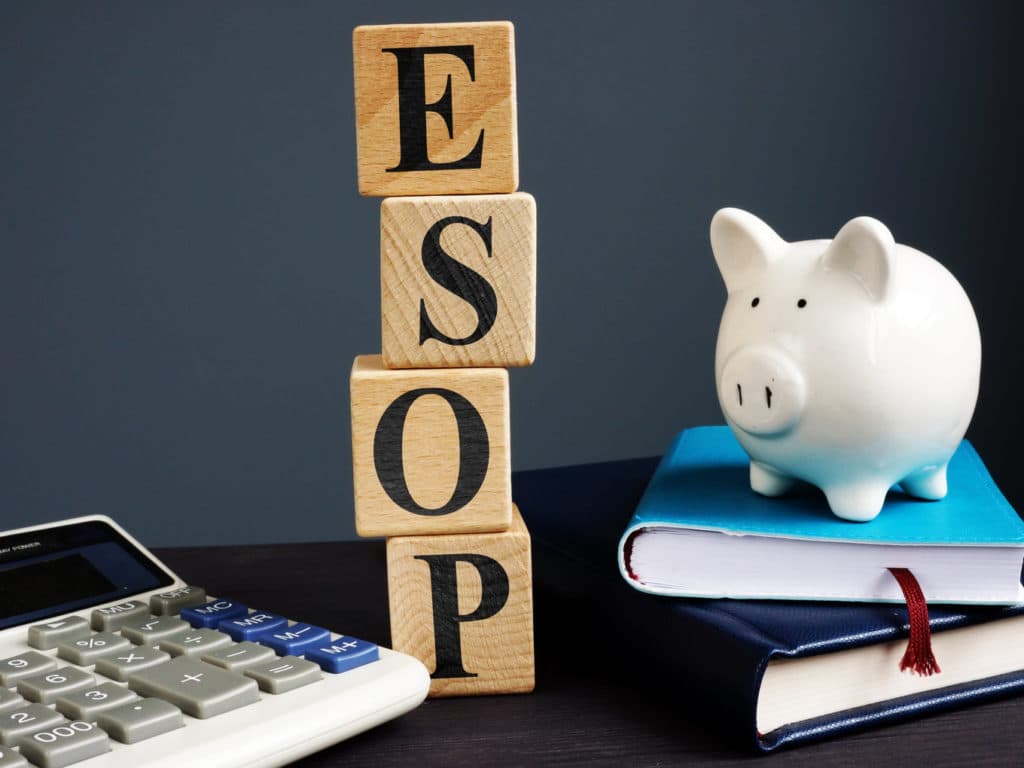With increased investor attention, India has become one of the largest ecosystems for startups globally. Startups in nearly all sectors are trying to push the envelope by introducing innovations, schemes and ideas. One such scheme that has attracted the likes of Razorpay, Oyo, Flipkart, Moglix is the employee stock ownership plan (ESOP) buybacks.
Payment solutions startup Razorpay and Moglix on Wednesday (November 13) announced an ESOP buyback for both existing and former employees, who own equity in the startup. All existing and former employees who hold vested stocks will be eligible to sell up to 30% of their vested ESOP shares of the company.
How Do ESOP Buybacks Work?
- ESOPs are exercised by employees on certain terms and conditions as set by employers
For listed companies, the employee can sell the shares in the open market when their lockin period of ESOP is over on prevailing market price - For unlisted companies, employees can sell ESOPs to the employer or other employees only
- Any amount employees receive through such ESOP sales becomes part of their income and is subjected to taxes as per prevailing income tax rates
- Sometimes companies take longer to “exit”- get acquired, do an IPO, etc. Unless an exit event takes place, the ESOPs purchased by the employee are useless. Therefore, a partial exit is simulated for employees by investors or founders buying back ESOPS from employees at the prevailing stock price of the company.
- If the employee had joined a few years ago when the vesting price was lower, and have vested a good proportion of their shares, this buyback allows them to monetise/encash their stock holding at a higher price. Thus the value they have created for the company is shared with them in cash form, even before an exit event.
- Subject to accounting policies and regulations, the company granting an option under ESOS can determine the exercise price
Why Startups Are Increasingly Keen On ESOP Buybacks
Recently many startups have given ESOPs to their employees in order to retain talent & incentivise financially. “In the past, founders have often encashed some of their stock holdings during higher Series investments. But ESOP encashment for employees has become popular only recently,” said founder of Thinvent Technologies and business consultant Saurabh Jain.
ESOP buybacks is a relatively recent phenomenon with startups. The trend started in 2018 when Flipkart announced a 100% buyback option of vested ESOPs. “It helps startups to garner experienced people from the market & also motivate its own employee by retaining good talents in the company,” Noida-based financial advisor Harsh Chaturvedi told Inc42.
Why Do Employees Choose ESOPs?
ESOPs allow an employee at a startup to become a bigger part of the success of the company. Founders and investors share the wealth that the company creates with employees through ESOPs.
“Under an ESOP buyback, employees holding vested ESOPs can sell their ESOPs to their company or employer. Startup companies may choose to buy back the ESOPs at a premium under specific instances. Employees get a chance to share the rich valuations and feel rewarded for their continued commitment. The buyback creates wealth for both the employer and employee. Even former employees may be able to participate in a buyback,” founder and CEO of ClearTax Archit Gupta told Inc42.
Such buybacks can easily be called a method of employee compensation by startups. The scheme is offered to improve pay packages thereby ensuring a higher employee retention rate, which is the biggest challenge faced by many startups today.
“Most employees of startups are youngsters who are generally not aware of ESOPs. When they come to know, it’s a great feeling and they feel part of the team. Startups today also want to share profits with employees. It gives employees better ownership,” Harsh Jain, cofounder and COO of wealth management platform Groww, told Inc42.
Employees generate value for startups. This value generation leads to the valuation of the company rising – the stock price rising. “By offering a lot of ESOPs to employees at the current strike price when they join, and then allowing them to encash these stocks a few years down the line in exit events, startups are allowing employees to participate in the wealth they have created for founders and investors,” added Jain.
